Veteran detective Jennifer Favorito shares realities of working at ‘toxic’ SAPOL
Bullying and an old-school ‘boys club’ attitude is rife – and mental health takes a low priority – within the police force, claims a veteran detective.

SA News
Don't miss out on the headlines from SA News. Followed categories will be added to My News.
Detective Brevet Sergeant Jennifer Favorito has spent 20 years in South Australia Police, climbing her ways up through the ranks and working on some of the state’s most shocking domestic violence and child abuse cases.
But Ms Favorito exclusively shared with The Advertiser that SAPOL’s toxic work environment is now harder to navigate than the day-to-day work that can see her “jump from one death to another”.
Ms Favorito said a distinct hierarchy within the force meant the higher you went up, the “more badly you treat those below”. An attitude she rejected when she became a detective in 2018.
“It’s a power trip. I don’t see myself as different to anyone who is in uniform. I have come from there. We all should work together to get something done,” she said.
“But they would gang up on people. They would make you feel like shit, especially if you were still learning. It’s that or they won’t work with you. Just isolating the person.”
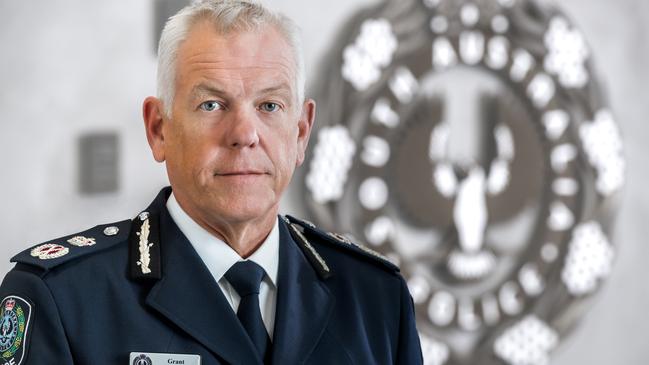
Ms Favorito said there was a rife “boys club” within the force, with senior male staff ignoring poor behaviour from “their friends”.
“There are people who are working there who are not being held accountable,” she said. “And management are aware of issues but instead of dealing with them, they either move the victim or the people who are bringing it to light. They just generally move the problems around.”
Ms Favorito said that she faced maternal bias when she was pregnant with her daughter, with male SAPOL staff saying she was “having a holiday” when she went on maternity leave.
“It took me a long time to go part time,” she said. “I knew the backlash I would get. I am female. I have kids. I am trying to do a detective role but I am not always there.
“But the only thing that changed was that I had the same workload but less time to do it. But you get the whole “you’re on holidays again” and I was like, “no I have children”.
Ms Favorito confessed that when she informed bosses she was 12 weeks pregnant, she was given a “desk job” but within the child abuse and domestic violence unit.
“A lot of women who become pregnant end up there so I went there,” she explained. “I worked there until I went on maternity leave. I went back there because it was very rewarding, even though it was so confronting.
“I didn’t know how confronting that would be as I’d had my baby by then.”
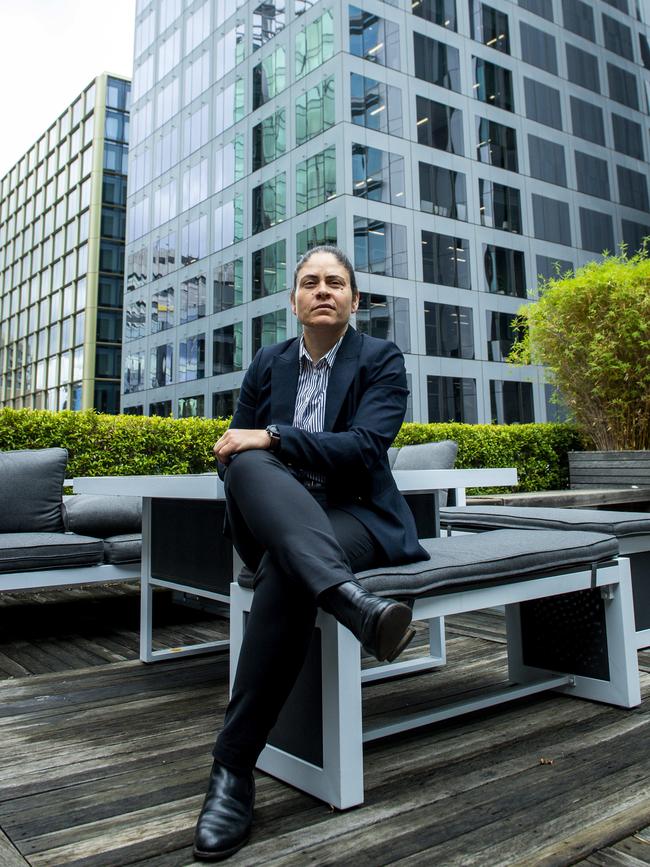
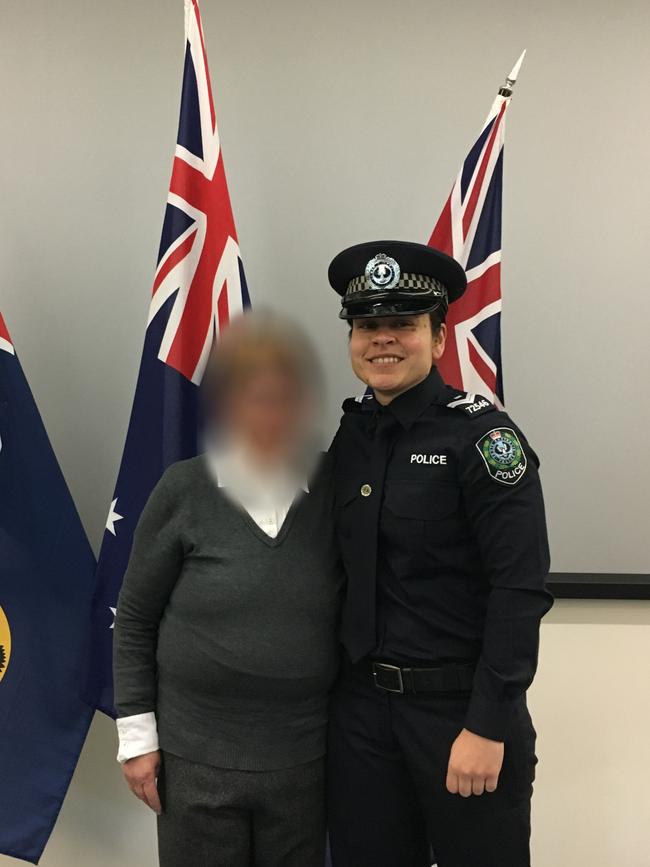
Ms Favorito said that at the start of her career, officers had a “what’s said in the car, stays in the car” mentality. “It meant you had someone to talk to,” said the detective. “You could clear your head.”
But in recent years, Ms Favorito claimed that a sense of camaraderie had broken down, replaced with a toxic culture where trust between officers was at an all-time low and it was taking a toll on mental health.
“If you spoke about it, you were seen as soft. Couldn’t hack it. You weren’t good at your job. That’s how it is seen,” she said.
When this is added to low police numbers and increasing workloads, she said SAPOL was at breaking point
“It’s really hard to retain people and when you get good people, they leave as the conditions aren’t good,” she explained. “And it makes the conditions worse because those issues aren’t being addressed.”
And while the detective said the problem is widespread, she saw it first hand at Port Adelaide Police Station where she was based.
It was the reason she warned a colleague “not to come” when there was talks about relocating from her post in regional South Australia.
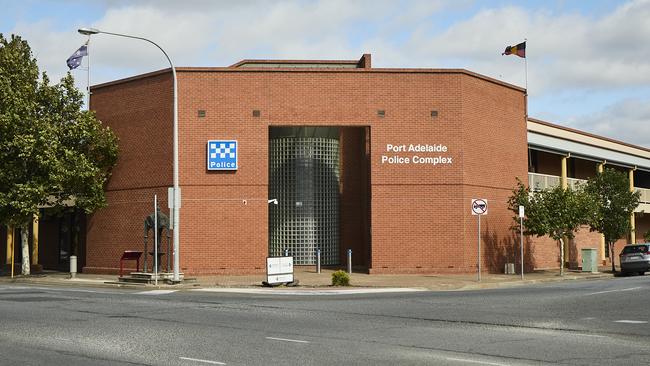
Ms Favorito said, “She contacted me and was asking what it was like at Port Adelaide. I said to her, “don’t come here”. I said that because it was toxic.”
Less than two months later, the colleague committed suicide in the female toilets in the police station. The pair had known each other for almost two decades, starting their career at the same time.
“I was a mess,” she said.
The death triggered a parliamentary committee, in which it was heard the police officer had made a complaint about bullying before her death. It was also heard that SAPOL was struggling with a cop suicide crisis, with a rise in deaths and bulling in recent years.
Yesterday Ms Favorito exclusively shared with The Advertiser her own experience navigating the force’s mental health services. She explained how bosses rejected her official claim she was affected by the death.
She’s now obliged to pay thousands of dollars in psychiatric fees and wages paid back to SAPOL despite what she calls systematic failing on their behalf.
The stress caused her to consider taking her own life, and this is the reason she has decided to speak out and share the worrying toxic culture at SAPOL.
“The reason I am here is because of my kids … I couldn’t leave the kids. I just couldn’t think of doing that to them,” she said. “But if the kids weren’t there, I would have done that 100 per cent.”
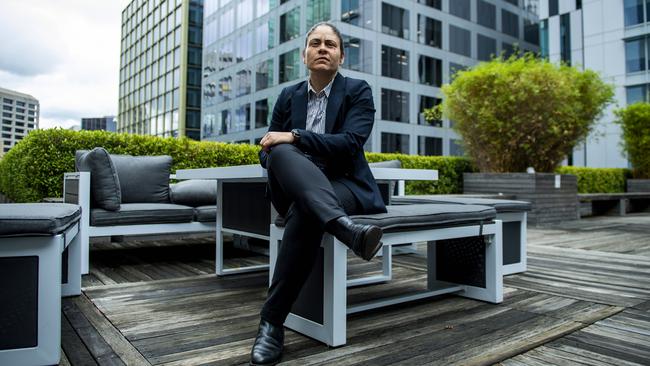
Ms Favorito has now sought legal advice, with a lawyer subsidised by PASA, and is fighting the claim rejection.
And while she still officially works for SAPOL, she told The Advertiser, “I don’t know how I could work there ever again.”
When The Advertiser reached out to SAPOL, a spokesperson said: “South Australia Police recognises health and wellbeing as a critical element of having a high functioning and resilient workforce able to provide policing services to the community.
“Employees have access to psychosocial support 24 hours a day, seven days a week. In addition, SAPOL provides employees with access to numerous health and wellbeing programs and services.
“The Employee Assistance Section (EAS) psychosocial team support the psychological and social wellbeing of employees. The team consists of experienced psychologists and social workers, providing internal support services to employees as well as referrals to external services where appropriate.”
But the detective hit back, telling The Advertiser that she thought SAPOL bosses were “out of touch” and major cultural changes needed to happen within the force.





